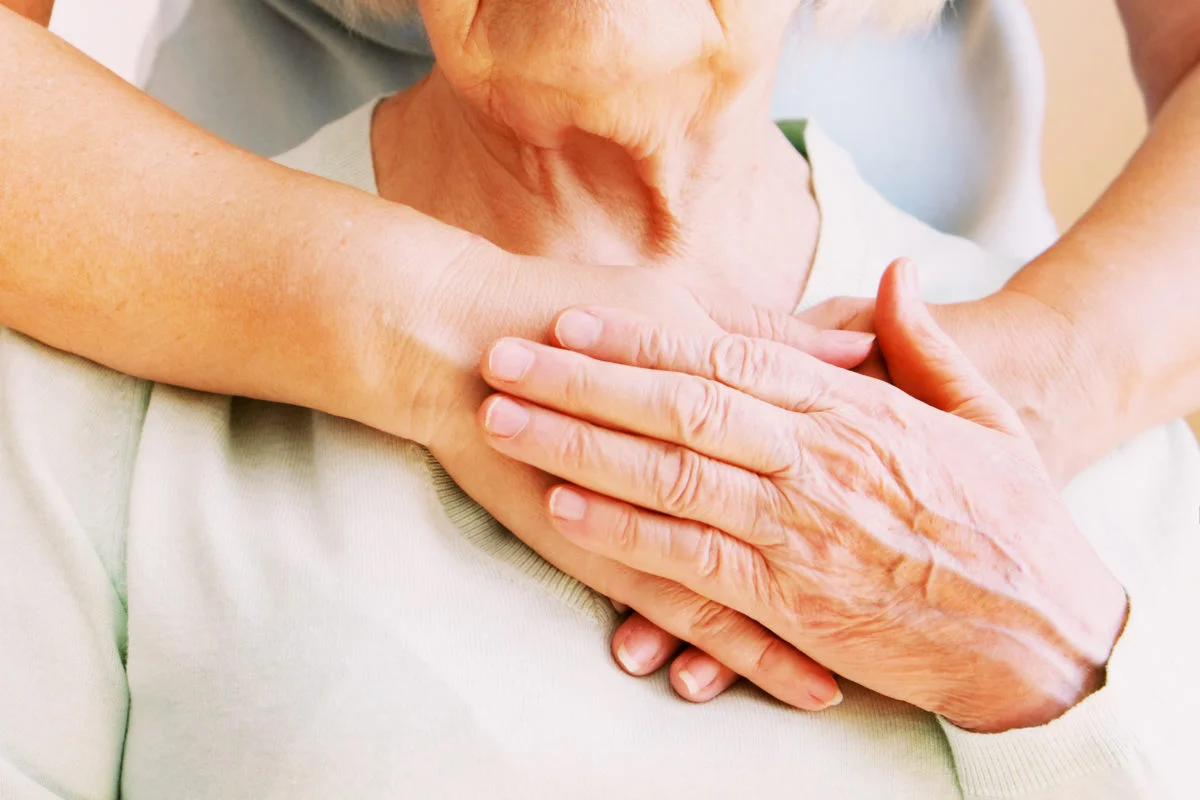With the signing of the Universal Health Care Act last February 20, 2019, we hope that we could have access to healthcare programs for all Filipinos, including Hospice and Palliative Care. Providing expanded PhilHealth coverage to include free medical consultations and laboratory tests, it is also hoped that medicines to alleviate pain and suffering be also made more readily available. There is an obvious gap in the management provided for those in pain from far-flung areas due to the non-availability of opioid drugs. Hopefully, the new law is able to change that.
Millions of people around the world need palliative care, and those with limited access are those from low and middle income countries like the Philippines. The World Health Organization recognizes that these needs are not being met due to the non-availability of palliative health services. Only 20 countries have palliative care well integrated into the health care system.
Universal Health Coverage, including palliative care, is critical to achieving the UN Sustainable Development Goals, aiming to eradicate poverty by 2030. Our out of the pocket expenditures in health care rank among the highest in the world. Poverty is a limitation one faces when a poor family member gets sick. Now, there is hope that everyone gets access to quality, affordable health services, including palliative care.
However, without implementing rules and regulations (IRR), this remains to be a work in progress. The law was supposedly considered effective last March 9 2019, and the IRR is supposed to be effective by September 5, 2019. Direct contributors, or those with the capacity to pay premiums, may have to shell out more cash in order to cover for indirect contributors. Health facilities must also be ready for the expected increased influx of patients.
Another aspect that must be looked at is the establishment of Health Technology Assessors. These experts will be in charge of making policies for the implementation of the law. Hopefully, the panel would see hospice and palliative care not as an expense but a vital part in improving health outcomes for a developing country like ours. The fact that it is mandated that the expert panel include women looks promising, and it is hoped that this provision in Chapter 3 of the law would mean equality in the provision of care between genders.
With God’s guidance and blessing, let’s hope for a better Philippines with the Universal Health Care Law.

